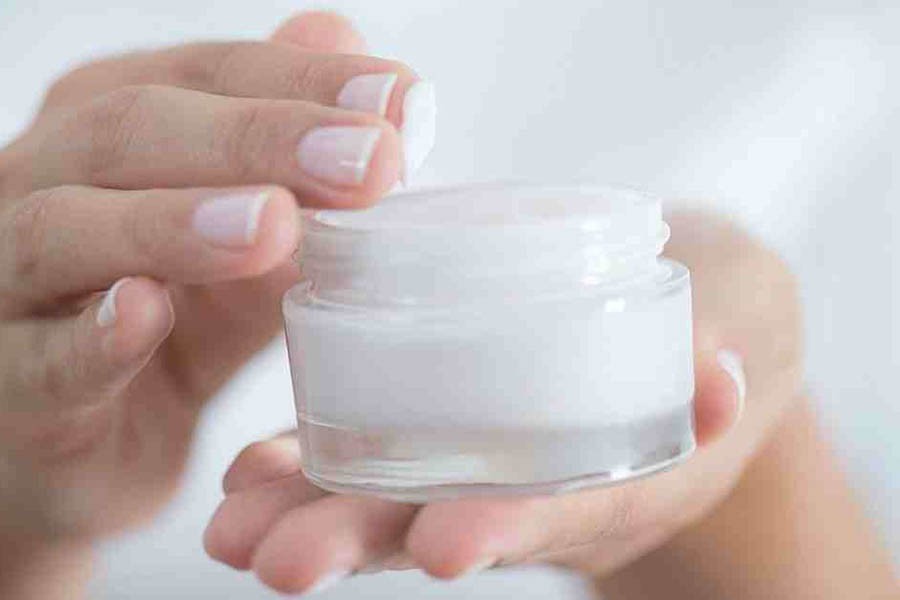Global and local e-commerce platforms are allegedly selling skin lightening products (SLPs) containing high level of mercury despite legal provisions, said a study findings on Thursday.
The findings were based on a study of 271 online products from 17 countries, including skin products of six e-commerce platforms in Bangladesh. Of 271 SLPs tested, 129 were found to have mercury levels over 1 ppm. Nearly half contained too much mercury and some products had thousands of times more mercury than the legal limit, the study said.
The new research was conducted by the Zero Mercury Working Group (ZMWG), a global NGO coalition working to eliminate mercury uses, releases and exposure.
Between 2017 and 2022, ZMWG conducted three separate investigations, each time confirming continued global access to illegal, high mercury skin lightening products.
The global market for SLPs is estimated at USD 8.8 billion in 2022 and is projected to reach USD 11.8 billion by 2026.
In some populations, more than 50 per cent of individuals use SLPs regularly, and one analysis estimated that 27.7 per cent of individuals globally have used them at one time or another.
Around half of the lighteners purchased on eBay, Shopee, Jiji and Flipkart platforms were found to contain mercury concentrations over 1 ppm, the legal limit established by many governments and the Minamata Convention on Mercury, it claimed.
“Despite being illegal, our findings show the same high mercury skin lighteners continued to be offered for sale on the internet,” said Michael Bender, Mercury Policy Project Director and ZMWG Co-coordinator.
“What’s illegal domestically should be illegal online. E-Commerce must be held to the same standards,” Bender added.
Most of the products sampled were manufactured in Asia, especially in Pakistan (43 per cent), Thailand (8.0 per cent), China (6.0 per cent) and Taiwan (4.0 per cent), according to their packaging.
Dr Shahriar Hossein, a member of the Zero Mercury Working Group (ZMWG) from Bangladesh said, "These hazardous and illegal products pose a serious mercury exposure risk, especially to repeat users and their children".
“We welcome the opportunity to work collaboratively with the authorities to stop the toxic trade in high mercury skin lightening creams,” he added.
Mercury is used in skin lighteners as it inhibits melanin and results in a lighter skin tone. The regular use of SLPs containing mercury can lead to rashes, skin discolouration and blotching.
Long-term exposure may damage the eyes, lungs, kidneys, digestive, immune and nervous systems. 137 countries have committed to the Minamata Convention to phase out and limit mercury, including in cosmetics.


